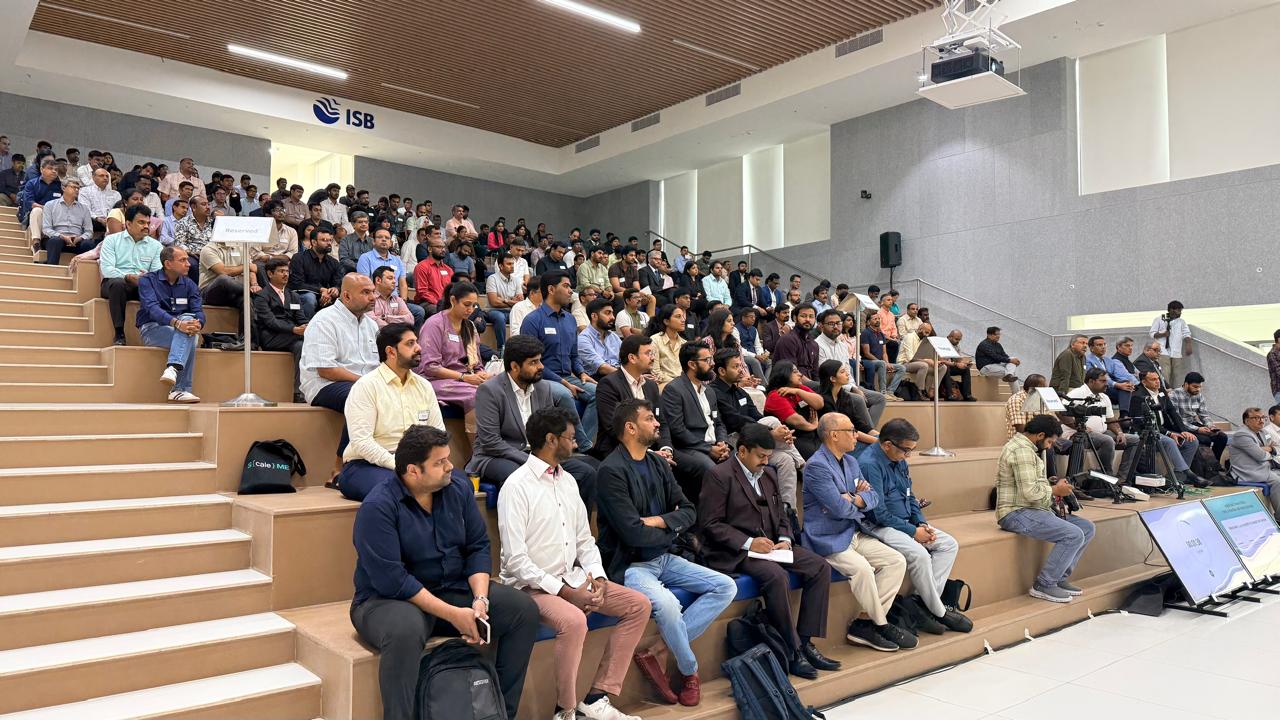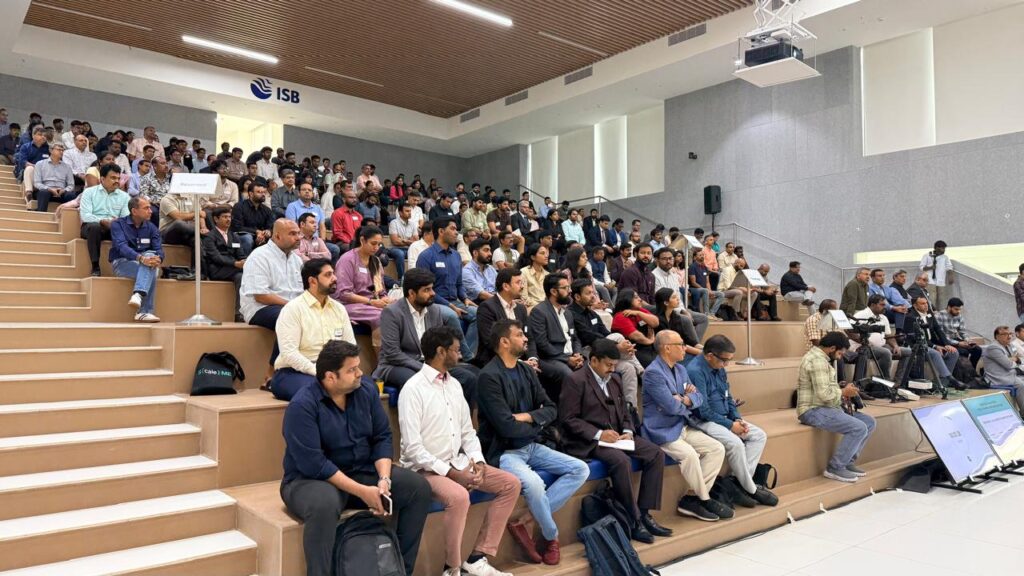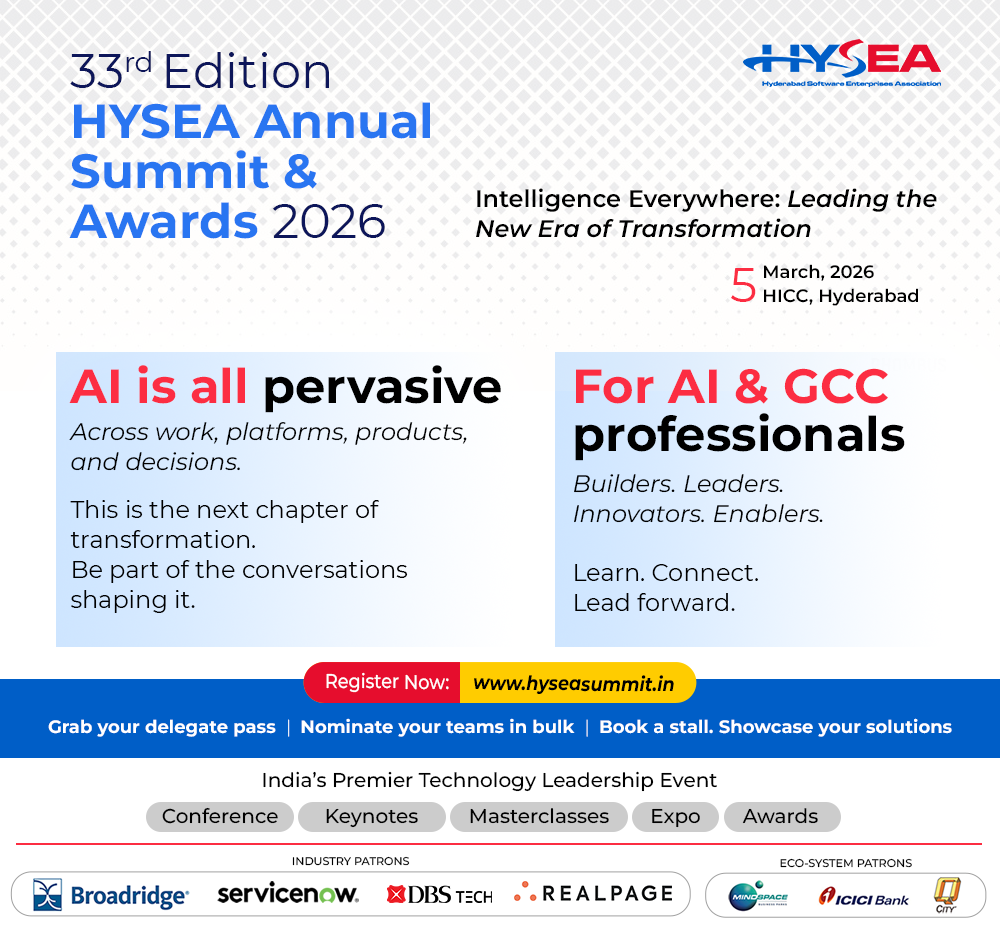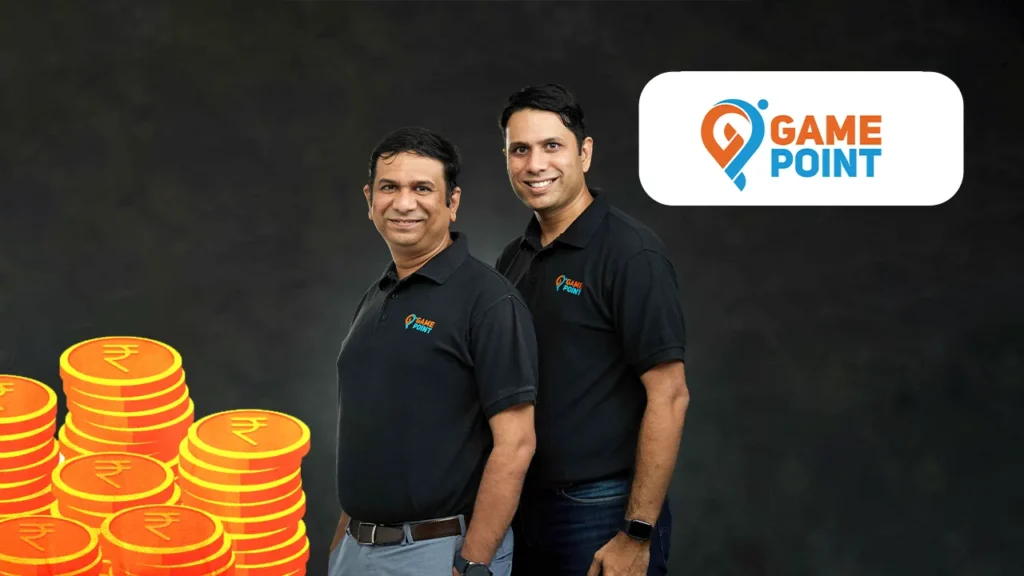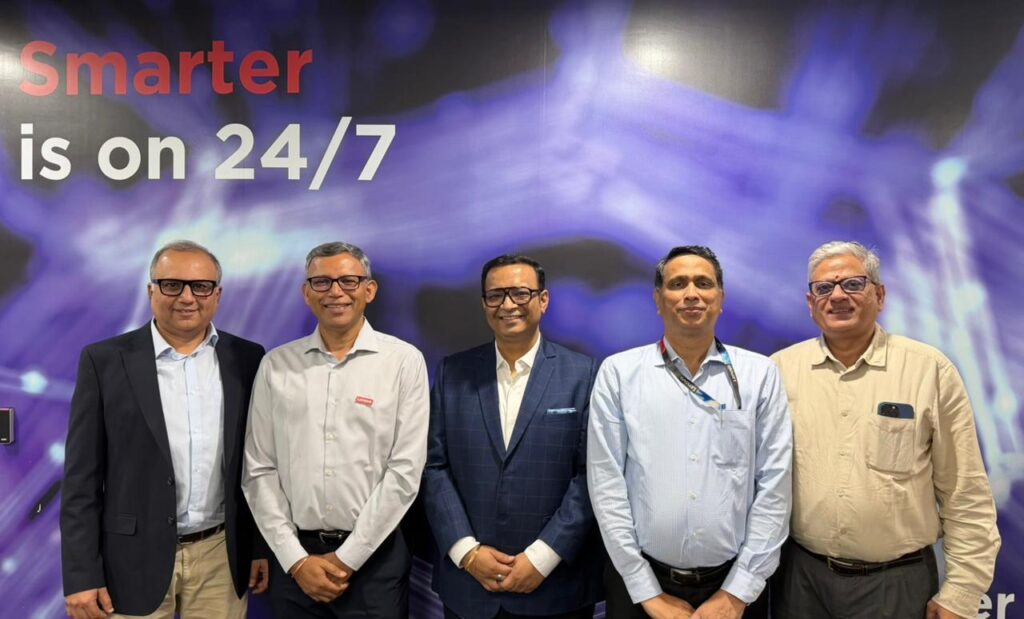Not everyone can sing or play musical instruments. But almost all can hum a tune. It”s not uncommon either to find most people listing listening to music as one of their hobbies. Whether music predates language or speech has been debated and argued famously among historians. Research conducted on infants to determine their music perception capacities (e.g., Hannon and Trehub, 2005), has led to findings that have also been discussed in terms of humans” innate predisposition for music. Music is typically something shared, something social; we may sing in the shower or on a solitary walk (Whitehead, 1938/1967; Rousseau, 1966), but music is most of the time social, communicative, expressive, and oriented toward others. Whether it was primitive tribal societies or the modern world today, it”s not difficult to see how music has served as a tool for group cohesion (think origin of the term “clarion call”) and as a communicative bonding mechanism. (A study published in 2010 showed that 4-year olds who took part in joint music making showed greater spontaneous cooperation and helped others more, when compared to peers who took part in a similar play session, but with no music.)
We know now beyond a doubt that music affects our brains. Noted biologist and author E.O. Wilson wrote in a Harvard essay that learning to play a musical instrument (even) alters the structure of the brain ..from subcortical circuits …to …neural fibres…Music is powerful …appearing to elicit emotion in at least six different brain mechanisms. Going beyond the obvious all-pervasiveness of music and its effectiveness as a mood-lifter, in recent years, the spotlight has turned towards music as a therapeutic tool. It was renowned neurologist Oliver Sacks, who in his best-selling book ‘Musicophilia’ described how “music can animate people with Parkinson”s disease who cannot otherwise move, give words to stroke patients who cannot otherwise speak, and calm and organize people whose memories are ravaged by Alzheimer”s or amnesia.”(Oliver Sacks is an excellent source of information on this – you could check youtube videos if needed)
What is Music Cognition?
Vinoo Alluri, Assistant Assistant Professor, faculty co-ordinator and the brain (pun unintended) behind the Music Cognition Symposium to be held on March 24-25 at IIIT-Hyderabad, explains that music cognition is an interdisciplinary field of research that encompasses several areas of study including music, psychology, anthropology, neuroscience, music therapy, music theory, musicology, statistics, and computer science, among others. Most of the research in music cognition is currently being done outside of India, mainly in Europe and the US of A. The main idea (behind the symposium) is to promote this field (here) in India, where it is relatively unheard of. She is emphatic that scientific research of any kind should eventually benefit society. Citing examples of delaying onset of dementia and Alzheimers, and treating patients of stroke, Vinoo says that music therapy is gaining more relevance in creating mental well-being and health. Apart from showcasing what music can do, Vinoo says that she would like to demonstrate how different skill sets can help in this research area too. As an engineer herself who studied Music Engineering Technology and then got drawn into the field of Cognitive Neurosciences of Music, Vinoo knows the importance of computational modelling in music cognition. I would like to harness the vast body of technical know-how that we possess..students with an engineering background who can help analyze and interpret huge amounts of brain data, people as willing candidates who can contribute to the field.
Music Cognition at IIIT-H
The Music, Mind, and Technology elective Cognitive Science course currently taught by Vinoo at IIITH attempts to bring together these various disciplines. One of the independent projects undertaken by her students studies musicality or musical aptitude of people and how well they perform on cognitive tests. The aim is to see if you”re naturally good at music, are you also naturally good at other things..or only some things?. There was another study she undertook to predict susceptibility of people to depression based on a questionnaire (related to music) of 13 questions. They took it a step further and tried to analyze what sorts of underlying traits of these people can predict such behaviour. For example, she says, people who score high on empathic parameters, are visibly distressed by another”s situation, and sensitivity to negative emotions and sensitive to negative emotions were found to be prone to depression. Other projects she is currently involved in on the Neuroscience front is in collaboration with faculty from the Centre for Visual Information Technology (CVIT) research lab at IIIT-H. One is related to decoding emotional responses to music from brain data. The other is in collaboration with the National Institute of Psychiatry in Mexico. It has nothing to do with music, but personally, I”m interested in learning how the functioning of the brain changes (of cocaine addicts), she adds, were found to be prone to depression.
Speakers at the Symposium
There”s an impressive line-up of speakers from the University of Jyvà¤skylà¤, Finland and University of Oslo, NIMHANS, Bengaluru, IIT Bombay and IIIT-H. From what your movement in response to music says about your personality (for example, an extrovert would not shy away from moving rather openly to music versus an introvert) to the specific genre of music itself that elicits a particular kind of movement, from showcasing individual differences that exist in music-induced emotion, to using music as a therapeutic medium for adolescent mental health, from how technology is being used in Indian classical music to bridge the gap between musical expertise and performance practice, to how music-based intervention is helping in neuro-rehabilitation, the topics are indicative of the interdisciplinary nature of the field itself. A Hindustani classical music performance by Prof. Subhendu Ghosh concludes day 1 of the symposium. And it is curtains on the engaging 2-day affair with an evocative Bharatnatyam performance by local artist Kiranmayee Madupu showcasing how emotions can be evoked through dance. Registration for attending this symposium is mandatory. More details on the speakers and the schedule can be found here: http://csl.iiit.ac.in/mcs2018/

Music can benefit anybody and everybody. From that point of view, anybody is welcome to this symposium. I would like to build a small network of people ..from artists, musicians, performers, to students of Humanities, Engineering, medical doctors, not necessarily only in the field of mental health but also pain perception. Basically more music therapy researchers, to provide various perspectives.., Vinoo trails off, feeling optimistic.
You may be a musical performer, an aficionado, or even a casual listener of music. You may subscribe to cognitive psychologist Steven Pinker”s view of music as an auditory cheesecake ( a delightful dessert but, from an evolutionary perspective, no more than a by-product of language) or be appalled by the thought of trivializing it. Love music. Or hate it. But you can”t ignore it.


